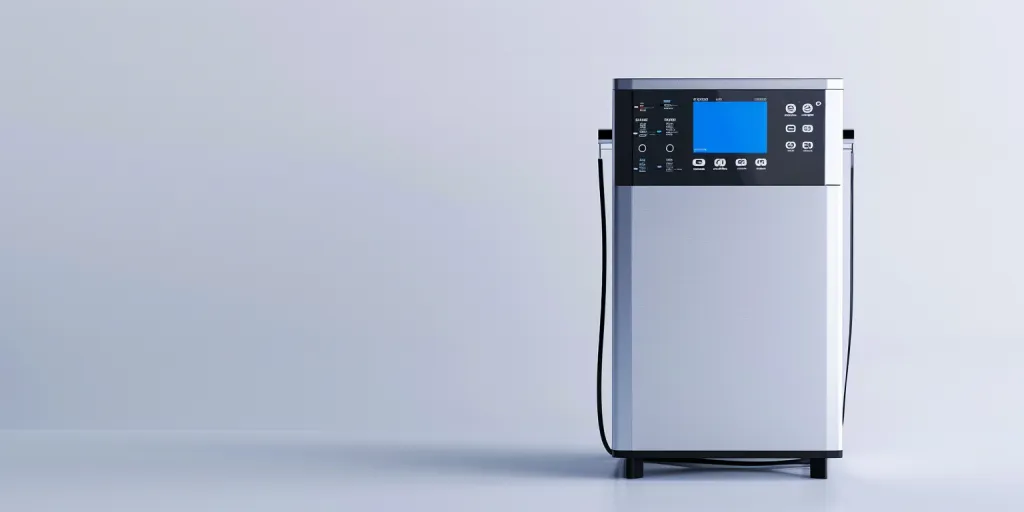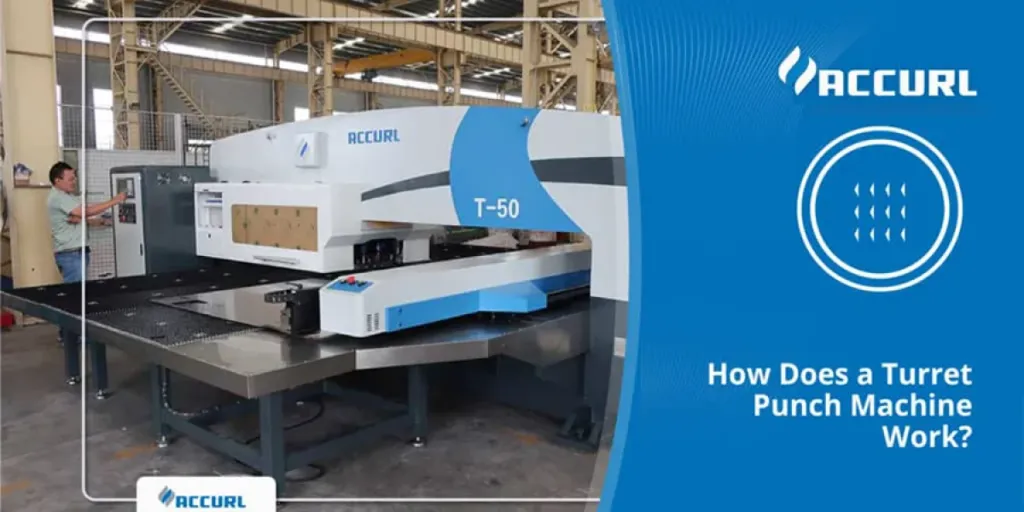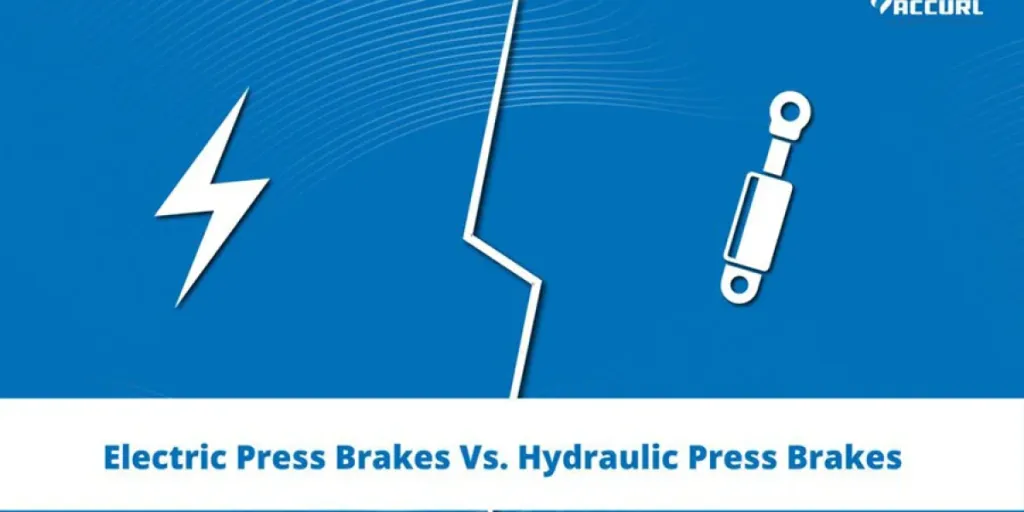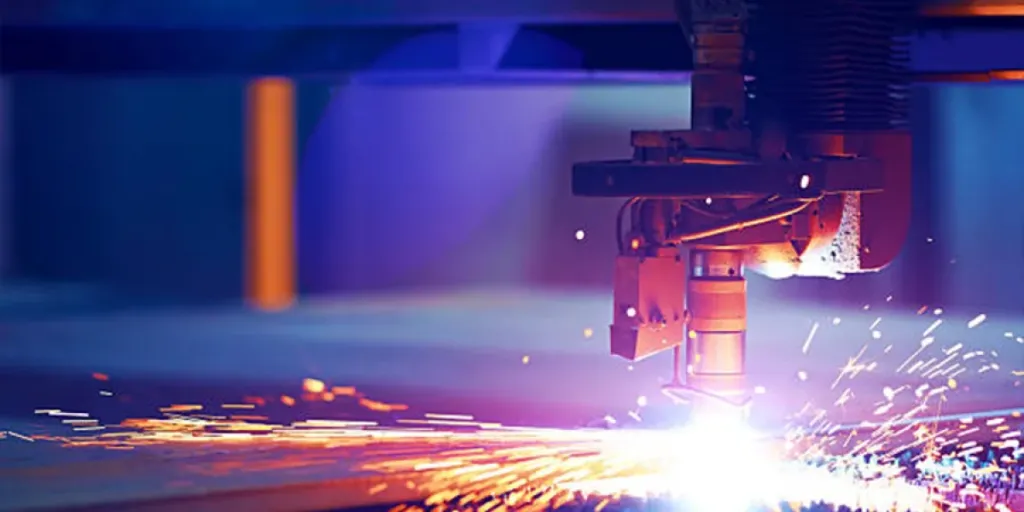En 2025, le marché des ioniseurs d'eau a connu une forte croissance, porté par les tendances en matière de santé et de bien-être. Cet article fournit une analyse approfondie des facteurs clés à prendre en compte lors de la sélection d'un ioniseur d'eau, notamment les critères de performance, les innovations technologiques et les normes de conformité, offrant des informations précieuses aux acheteurs professionnels.
Sommaire :
– Aperçu du marché des ioniseurs d’eau en 2025
– Analyse détaillée et aperçu du marché des ioniseurs d’eau
– Facteurs clés lors de la sélection d’un ioniseur d’eau
– Dernières fonctionnalités technologiques des ioniseurs d’eau
– Conformité réglementaire et normes de l’industrie
- Conclusion
Aperçu du marché des ioniseurs d'eau en 2025
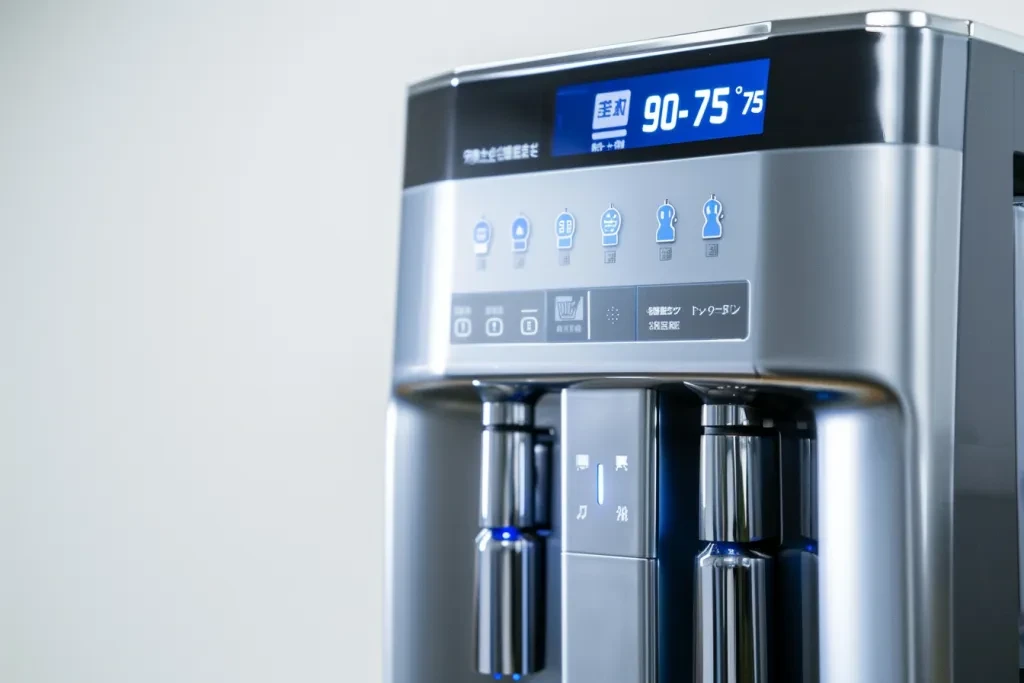
Le marché mondial des ioniseurs d'eau a connu une croissance robuste, avec un taux de croissance annuel composé (TCAC) de 8.9 % de 2021 à 2024. En 2024, le marché était évalué à environ 1.2 milliard USD et devrait atteindre 1.6 milliard USD d'ici 2027. Cette croissance est tirée par la sensibilisation croissante des consommateurs à la santé et au bien-être et par l'augmentation des revenus disponibles. La région Asie-Pacifique est en tête du marché, représentant 40 % de la part de marché totale, suivie de l'Amérique du Nord et de l'Europe. Le Japon et la Corée du Sud sont les plus grands marchés de la région Asie-Pacifique, tirés par une forte sensibilisation des consommateurs et des avancées technologiques.
Le segment résidentiel domine le marché, détenant plus de 70 % des parts de marché. Le segment commercial, qui comprend les bureaux et les établissements de santé, connaît également une croissance rapide. Le canal de distribution en ligne a connu une croissance significative, notamment en Amérique du Nord et en Europe, en raison de la commodité et de la plus grande disponibilité des produits. Parmi les principaux acteurs du marché figurent Enagic, Panasonic et Tyent USA, qui innovent continuellement pour conserver leur avantage concurrentiel.
Analyse détaillée et aperçu du marché des ioniseurs d'eau
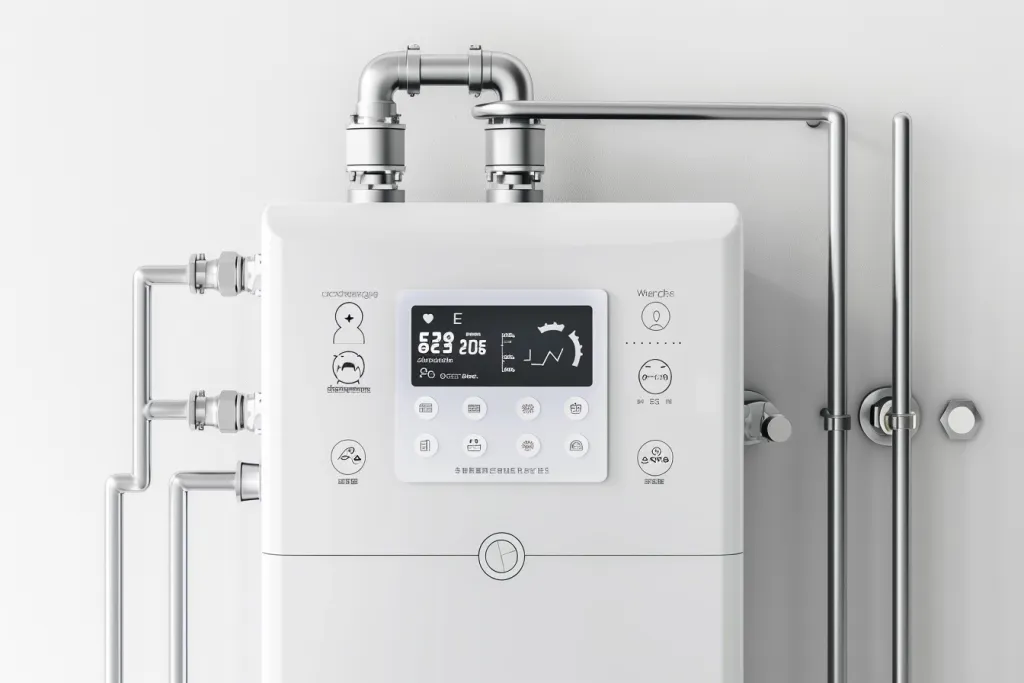
Principaux indicateurs de performance
Les ioniseurs d'eau sont évalués en fonction de plusieurs paramètres de performance clés, notamment la plage de pH, le potentiel d'oxydoréduction (ORP), le débit et la consommation d'énergie. Les modèles haut de gamme offrent une plage de pH de 2.5 à 11.5 et un ORP de -800 mV, essentiels pour fournir de l'eau acide et alcaline. Le débit est un autre critère de référence essentiel, les modèles haut de gamme fournissant 1.2 à 2 litres par minute, garantissant une ionisation efficace de l'eau.
Dynamique des parts de marché
Le marché est relativement fragmenté, les cinq premières entreprises représentant environ 45 % de la part de marché totale. Enagic est en tête avec une part de 15 %, suivie de Panasonic et Tyent USA avec respectivement 10 % et 8 %. Ces entreprises jouissent d'une forte notoriété de marque et proposent une large gamme de produits répondant aux différents besoins des consommateurs. Les petits acteurs se font souvent concurrence sur les prix et les offres de niche.
Influences économiques et changements de comportement des consommateurs
L’augmentation des revenus disponibles et la prise de conscience croissante des problèmes de santé stimulent considérablement le marché des ioniseurs d’eau. Les consommateurs sont de plus en plus conscients des avantages de l’eau alcaline, comme l’amélioration de l’hydratation et de la détoxification, ce qui entraîne une demande accrue. On observe une tendance croissante vers les solutions de santé DIY, les consommateurs préférant investir dans des appareils électroménagers qui favorisent le bien-être. Ce changement est particulièrement évident en Amérique du Nord et en Europe.
Préférences des canaux de distribution
Le paysage de la distribution évolue, les canaux en ligne gagnant du terrain en raison de leur commodité et de leur vaste gamme de produits. En 2024, les ventes en ligne représentaient 35 % du marché total, contre 25 % en 2021. Les plateformes de commerce électronique telles qu'Amazon et Chovm sont des acteurs clés, proposant des prix compétitifs et des avis clients qui influencent les décisions d'achat. Les canaux hors ligne, notamment les magasins spécialisés et les magasins d'électronique grand public, détiennent toujours une part importante, en particulier dans les régions où les consommateurs préfèrent l'inspection physique des produits.
Innovations récentes
L’innovation est un facteur essentiel qui stimule le marché. Les avancées récentes incluent l’intégration des technologies IoT et IA, permettant aux utilisateurs de surveiller et de contrôler leurs ioniseurs d’eau à distance via des smartphones. Des entreprises comme Panasonic ont lancé des modèles avec des électrodes autonettoyantes et des conceptions économes en énergie, répondant aux problèmes courants des consommateurs tels que la maintenance et la consommation d’énergie élevée. En outre, l’accent est de plus en plus mis sur les matériaux respectueux de l’environnement et les processus de fabrication durables, en phase avec les objectifs environnementaux mondiaux.
Étapes du cycle de vie du produit
Les ioniseurs d'eau sont en phase de croissance de leur cycle de vie, caractérisée par une pénétration croissante du marché et l'élargissement des gammes de produits. Les entreprises investissent continuellement dans la R&D pour améliorer les caractéristiques des produits et répondre aux divers besoins des consommateurs. À mesure que le marché mûrit, nous pouvons nous attendre à une évolution vers la différenciation des produits et la fidélité à la marque, les entreprises se concentrant sur des propositions de vente uniques pour fidéliser leur clientèle.
Digitalisation et tendances sociales
La numérisation joue un rôle important sur le marché des ioniseurs d'eau. Les entreprises exploitent les stratégies de marketing numérique et les plateformes de médias sociaux pour atteindre un public plus large et interagir avec les consommateurs. Le marketing d'influence, en particulier dans le domaine de la santé et du bien-être, devient populaire pour promouvoir les ioniseurs d'eau. Les tendances sociales telles que l'accent croissant mis sur une vie saine et des pratiques durables stimulent davantage la croissance du marché.
Points faibles des clients et stratégies de positionnement de la marque
Les problèmes courants rencontrés par les clients sont les coûts initiaux élevés, les exigences de maintenance et le scepticisme à l’égard des allégations de santé. Les entreprises abordent ces problèmes en proposant des options de financement, des garanties prolongées et une communication transparente sur les avantages et les limites des ioniseurs d’eau. Les stratégies de positionnement de marque efficaces mettent en avant la qualité du produit, les avancées technologiques et les témoignages des clients pour renforcer la confiance et la crédibilité.
Stratégies de différenciation et marchés de niche
Les stratégies de différenciation incluent des réglages de pH personnalisables, des systèmes de filtration avancés et des designs élégants et modernes qui complètent les cuisines contemporaines. Les marchés de niche tels que les athlètes, les passionnés de santé et les consommateurs soucieux de l'environnement présentent des opportunités de croissance importantes. Les entreprises développent des campagnes marketing ciblées et des produits spécialisés pour répondre aux besoins de ces segments, stimulant ainsi davantage l'expansion du marché.
Facteurs clés lors de la sélection d'un ioniseur d'eau
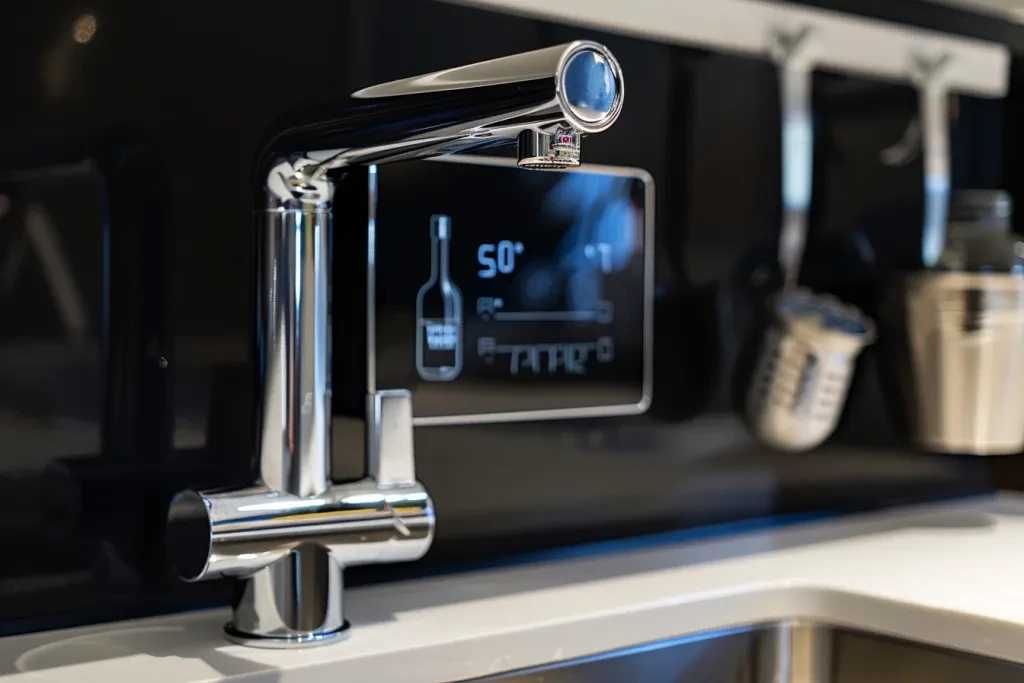
Choisir le bon ioniseur d'eau pour votre entreprise ou votre usage personnel peut être une décision complexe, impliquant diverses considérations techniques et pratiques. Vous trouverez ci-dessous quelques facteurs clés à prendre en compte pour vous assurer de faire un choix éclairé.
Types d'ioniseurs d'eau
Les ioniseurs d'eau sont disponibles en plusieurs types, chacun avec des fonctionnalités et des avantages distincts. Les principaux types comprennent les modèles de comptoir, sous le comptoir et portables. Les ioniseurs de comptoir sont largement utilisés en raison de leur facilité d'installation et de leur accessibilité. Ils se connectent directement à votre robinet et offrent généralement une gamme de niveaux de pH.
Les ioniseurs sous plan de travail sont plus discrets et permettent de gagner de la place sur le plan de travail. Ces modèles nécessitent plus de travail pour être installés, impliquant souvent des raccordements de plomberie sous l'évier. Ils offrent des fonctionnalités similaires aux modèles de comptoir, mais offrent une apparence plus épurée.
Les ioniseurs portables sont idéaux pour les voyages ou une utilisation occasionnelle. Ils sont généralement plus petits et moins robustes en termes de plage de pH et de débit, mais offrent la commodité de la portabilité. Comprendre le type d'ioniseur qui correspond le mieux à vos besoins peut vous aider à affiner considérablement vos choix.
Performances et spécifications techniques
Les performances d'un ioniseur d'eau sont en grande partie déterminées par ses spécifications techniques, notamment le nombre de plaques, le matériau des plaques et la puissance. Les ioniseurs de haute qualité comportent généralement plus de plaques, allant de cinq à onze ou plus. Un plus grand nombre de plaques signifie généralement une meilleure ionisation et une plage de pH plus large.
Le matériau des plaques est également crucial. Les plaques en titane revêtues de platine sont la norme de l'industrie en raison de leur durabilité et de leur efficacité à conduire l'électricité. Ces matériaux garantissent une durée de vie plus longue et de meilleures performances.
La puissance est un autre facteur critique. Les ioniseurs à puissance plus élevée peuvent traiter l'eau plus rapidement et produire une plus grande gamme de niveaux de pH. Pour les applications commerciales, il est recommandé d'utiliser des modèles à puissance plus élevée pour répondre à la demande et garantir des performances constantes.
Facilité d'utilisation et d'entretien
La facilité d'utilisation est un facteur important, en particulier pour les entreprises où plusieurs employés peuvent interagir avec l'appareil. Recherchez des modèles dotés de commandes intuitives et d'un affichage clair. Les interfaces à écran tactile et les systèmes de nettoyage automatisés peuvent grandement améliorer l'expérience utilisateur.
L'entretien est un autre aspect essentiel. Un nettoyage régulier est essentiel pour maintenir les performances et la longévité de l'ioniseur. Certains modèles sont dotés de fonctions de nettoyage automatique, qui permettent de gagner du temps et de garantir que l'appareil reste dans un état optimal. De plus, vérifiez la disponibilité et le coût des filtres de remplacement et des autres pièces, car ils contribueront au coût total de possession.
Certifications et normes de sécurité
Les certifications et le respect des normes de sécurité sont essentiels lors du choix d’un ioniseur d’eau. Recherchez des modèles certifiés par des organismes réputés tels que NSF International ou la Water Quality Association (WQA). Ces certifications garantissent que l’ioniseur répond à des normes de sécurité et de qualité spécifiques.
Le respect des normes de sécurité électrique, telles que celles définies par Underwriters Laboratories (UL), est également important. Cela garantit que l'appareil fonctionne en toute sécurité et réduit le risque de danger électrique. Vérifiez toujours les certifications et la conformité de sécurité d'un ioniseur d'eau avant de procéder à un achat.
Fourchette de prix et considérations budgétaires
Le prix des ioniseurs d'eau peut varier considérablement, allant de quelques centaines à plusieurs milliers de dollars. Le prix est souvent lié au nombre de fonctionnalités, à la qualité des matériaux et aux performances globales. Il est essentiel d'établir un budget et d'identifier les fonctionnalités qui sont les plus importantes pour vous.
Si les modèles haut de gamme offrent des fonctionnalités plus avancées et de meilleures performances, il existe également des options milieu de gamme qui offrent un excellent rapport qualité-prix. Tenez compte de vos besoins et de vos habitudes d'utilisation pour déterminer le bon équilibre entre coût et fonctionnalités.
Dernières fonctionnalités technologiques des ioniseurs d'eau
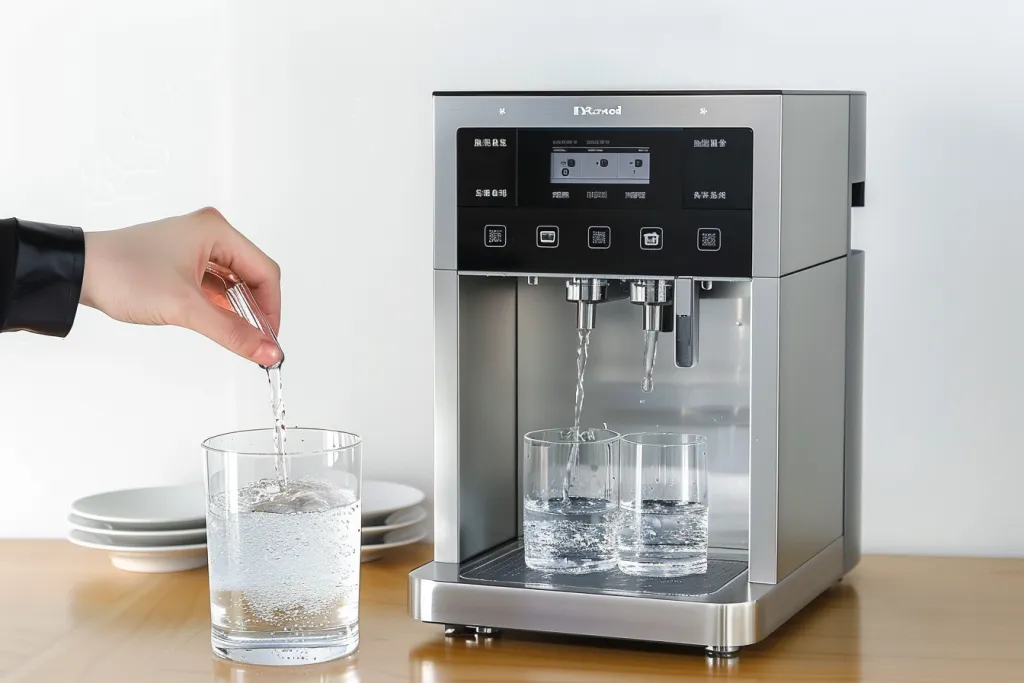
Le marché des ioniseurs d'eau a connu des avancées technologiques significatives, offrant de nouvelles fonctionnalités qui améliorent les performances, la facilité d'utilisation et la qualité de l'eau. Rester à jour avec les dernières technologies peut vous aider à choisir un modèle qui exploite ces innovations.
Systèmes de filtration avancés
Les ioniseurs d'eau modernes sont souvent équipés de systèmes de filtration avancés à plusieurs étages. Ces systèmes peuvent inclure des préfiltres, des filtres à charbon actif et des membranes d'ultrafiltration. Une filtration aussi complète garantit l'élimination des contaminants, notamment des métaux lourds, du chlore et des bactéries, avant le processus d'ionisation.
Certains modèles haut de gamme sont également dotés de systèmes de filtration double, offrant ainsi une couche de purification supplémentaire. Cela améliore non seulement le goût et la sécurité de l'eau, mais renforce également l'efficacité du processus d'ionisation en fournissant une eau plus propre aux plaques ionisantes.
Fonctionnalités intelligentes et connectivité
Les fonctions intelligentes sont de plus en plus courantes dans les ioniseurs d'eau. Il peut s'agir notamment d'une connectivité Wi-Fi, permettant aux utilisateurs de surveiller et de contrôler leur ioniseur à distance via une application pour smartphone. Ces fonctionnalités permettent de surveiller en temps réel la qualité de l'eau, les niveaux de pH et l'état du filtre.
La compatibilité de la commande vocale avec des assistants virtuels comme Amazon Alexa ou Google Assistant est une autre tendance émergente. Cela ajoute une couche de confort, permettant aux utilisateurs d'utiliser l'ioniseur en mains libres. Des diagnostics intelligents et des alertes de maintenance peuvent également contribuer à un entretien rapide, garantissant que l'appareil reste dans un état optimal.
Chambres d'électrolyse améliorées
La chambre d'électrolyse est le cœur d'un ioniseur d'eau, et les progrès récents se sont concentrés sur l'amélioration de son efficacité et de sa durabilité. Certains modèles sont désormais dotés de chambres d'électrolyse doubles, qui peuvent produire une gamme plus large de niveaux de pH et des concentrations d'antioxydants plus élevées.
Les innovations dans la conception des plaques, telles que les plaques grillagées ou à fentes, augmentent la surface d'électrolyse, améliorant ainsi le processus d'ionisation. Ces conceptions, associées à des matériaux de haute qualité comme le platine et le titane, garantissent de meilleures performances et une durée de vie plus longue.
Conformité réglementaire et normes de l'industrie
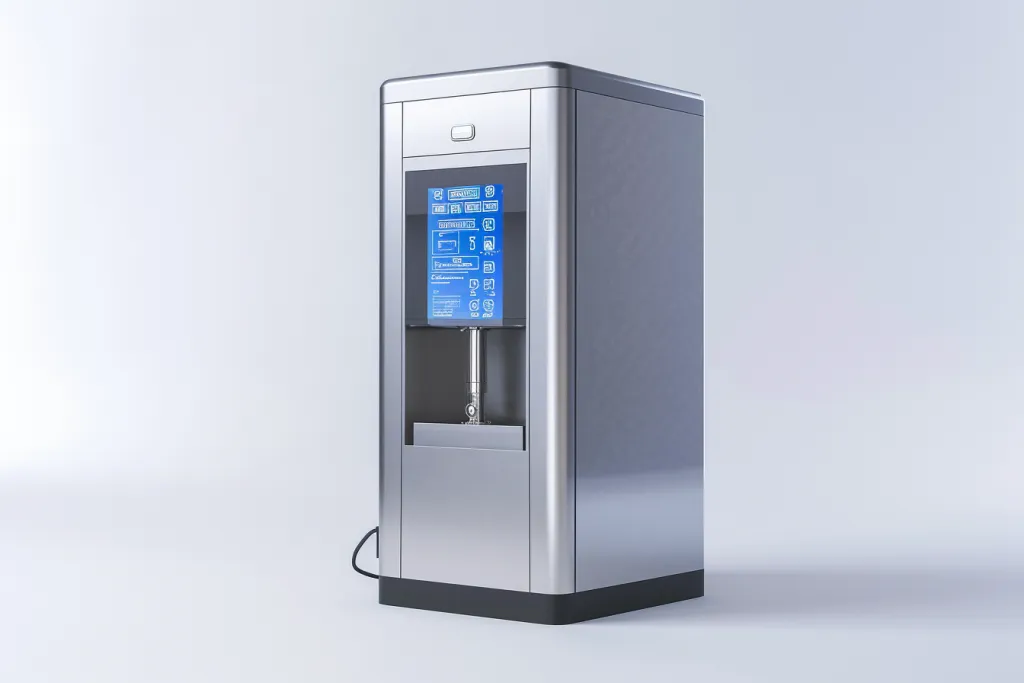
Il est essentiel de s'assurer que votre ioniseur d'eau est conforme aux normes industrielles et aux exigences réglementaires pour garantir sa sécurité et ses performances. Le respect de ces normes garantit non seulement la qualité du produit, mais également son fonctionnement en toute sécurité.
Certifications NSF et WQA
NSF International et la Water Quality Association (WQA) sont deux organisations de premier plan qui certifient les produits de traitement de l'eau. La certification NSF confirme que le produit répond à des normes strictes de sécurité, de durabilité et de performance. De même, la certification WQA garantit que l'ioniseur respecte des normes élevées de qualité de l'eau.
Ces certifications impliquent des tests rigoureux et des audits réguliers, garantissant que le produit est fiable et efficace. Lorsque vous choisissez un ioniseur d'eau, vérifiez toujours ces certifications pour vous assurer que vous investissez dans un produit de qualité.
Normes de sécurité électrique
Le respect des normes de sécurité électrique, telles que celles définies par Underwriters Laboratories (UL), est essentiel pour tout appareil électrique, y compris les ioniseurs d'eau. La certification UL indique que le produit a été testé pour la sécurité et qu'il répond aux normes de sécurité électrique nécessaires.
Cette certification réduit les risques de dangers électriques, garantissant ainsi le fonctionnement sûr de l'appareil. Elle offre également une tranquillité d'esprit, sachant que le produit a subi des tests de sécurité rigoureux.
Réglementation environnementale et sanitaire
Les ioniseurs d'eau doivent également être conformes aux réglementations environnementales et sanitaires. Cela comprend le respect des normes visant à réduire les substances nocives dans l'eau et à garantir que l'appareil ne contribue pas à la pollution de l'environnement.
Des réglementations telles que la directive RoHS (Restriction of Hazardous Substances) garantissent que le produit est exempt de produits chimiques nocifs. Le respect de ces réglementations indique que le fabricant s'engage à produire des produits respectueux de l'environnement et de la santé.
Pour aller plus loin
En résumé, le choix du bon ioniseur d’eau implique de prendre en compte divers facteurs, notamment le type d’ioniseur, les spécifications de performance, la facilité d’utilisation, les certifications et le budget. Rester informé des dernières avancées technologiques et garantir la conformité aux normes de l’industrie peut vous aider à prendre une décision éclairée. Investir dans un ioniseur d’eau de haute qualité peut offrir de nombreux avantages pour la santé et améliorer la qualité de l’eau pour un usage personnel ou commercial.
